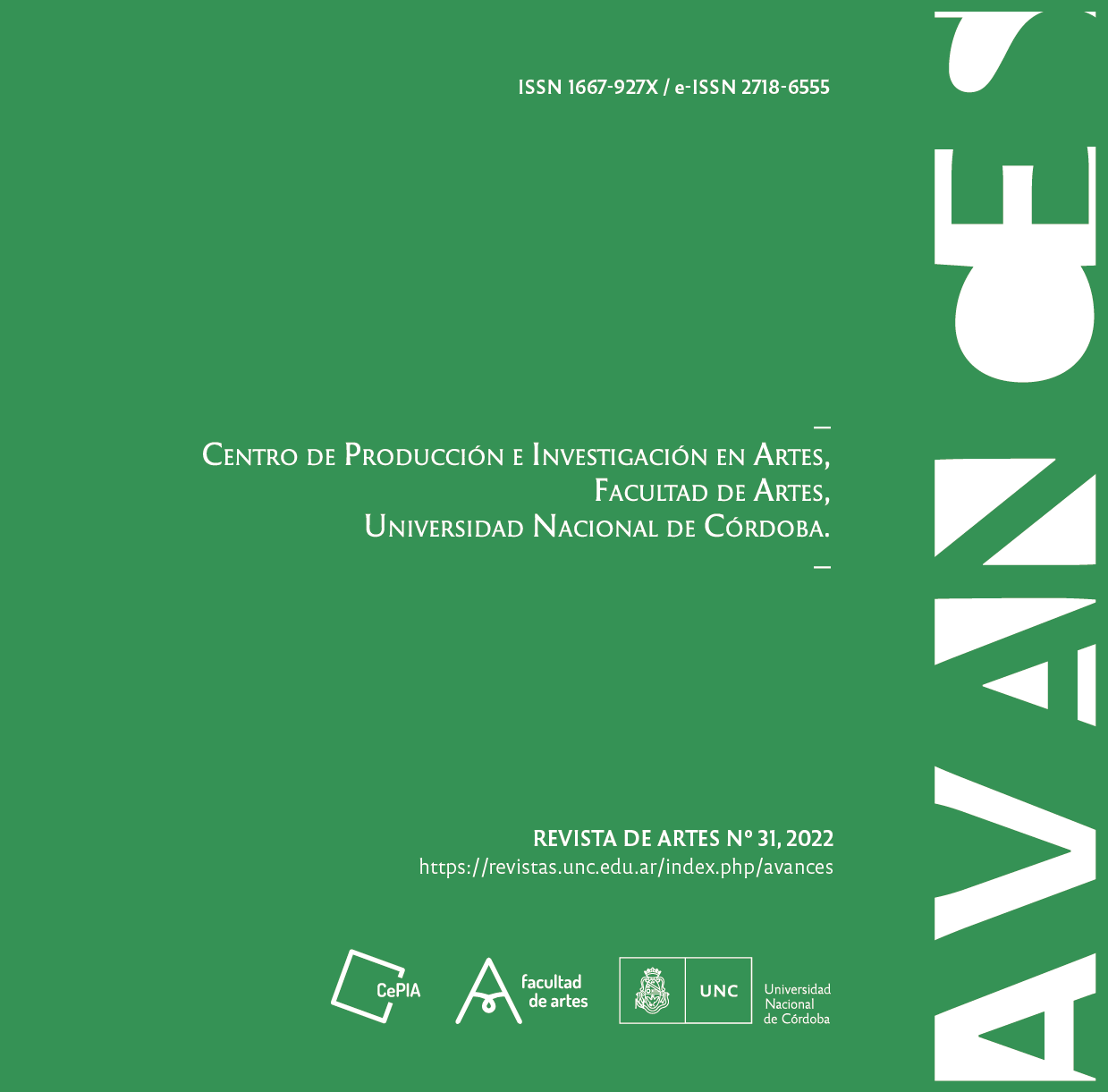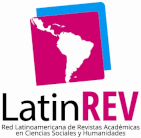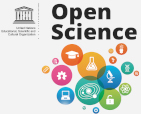Navigating between precariousness and professionalization: paradoxes and tensions in the field of self-managed performing arts
Keywords:
Precariousness, Professionalization, Self-management, Emerging, Cultural communitiesAbstract
This article analyzes the tension between precariousness and professionalization, in the independent/self-managed/emerging scenic subsector of the City of Buenos Aires, focusing on the characteristics assumed by the artist-manager, and the paradox represented by the freedom/self-exploitation binomial, in the framework of neoliberalism, for the cultural workers. In the same direction, issues such as the institutional status of culture and the characteristics of the analyzed subsector are addressed, through the case of the cultural organization ESCENA; its production conditions, its audiences and its members. Along this path, we will try to transcend the imaginary of the independent scenic field, anchored many times only in the actors and actresses, to take, on the one hand, the multidimensionality of its agents; and on the other, the conception of community: the affective and supportive network that is woven between spaces, artists/managers/producers and the public. Cultural workers (performers, playwrights, directors, set designers, costume designers, lighting designers, sound designers) are subject to fragile labor conditions whose origins lie on different shores, ranging from the lack of regulation and corresponding legislation on the part of the State, even self-exploitation itself, the result of the processes of subjectivation characteristic of our neoliberal societies. This article approaches the context of health emergency due to COVID-19, highlighting and enhancing the weaknesses and shortcomings observed.
Downloads
References
Arlt, R. (2008). Los Lanzallamas. Entre Ríos: Editorial Tolemia.
Barthes, R. (2005). Mitologías. Buenos Aires: Ed. Siglo XXI.
Bauman, Z. (2003). Modernidad líquida. México: Fondo de Cultura Económica.
Burt, R. S. (2000). La estructura de red del capital social. en R. I. Sutton y B. M. Staw (eds.) Investigación en Comportamiento Organizacional. Greenwich, CT: JAI Press.
Cassini, S. (2018). Comunidades en cultura. El caso del Club Cultural Matienzo (CABA) y la red activista Fora do Eixo (Brasil). En Wortman, A. (Comp.), Un mundo de sensaciones. Sensibilidades e imaginarios en producciones y consumo de la Argentina del siglo XXI. CABA: Instituto de Investigaciones Gino Germani, UBA/CLACSO.
Cassini, S., Seldes, M. y Marengo, L. (2018). PANORAMA ESCENA. Lógicas de programación y condiciones de producción en el circuito de los espacios escénicos autónomos, CABA 2015-2017. Argentina: Publicación independiente. Recuperado el 05/04/2022 de shorturl.at/juBO2
Cassini, S. (2020). Comunidades culturales. Públicos y comunidades en el circuito de los espacios escénicos autónomos. En A. Wortman (Comp.), Productores y consumos culturales en la ciudad creativa. CABA: Teseo.
Garcés, M. (2014). Común (sin ismo). Buenos Aires: Ed. Pensaré Cartoneras.
Grotowski, J. (1970). Hacia un teatro de lo pobre. México: Ed. Siglo XXI.
Illouz, E. (2009). Intimidades congeladas. Buenos Aires: Katz Editores.
Jameson, F. (1991). Ensayos sobre el posmodernismo. Buenos Aires: Imago Mundi.
Lipovetsky, G. (1983). La era del vacío. Barcelona: Anagrama.
Lorey, I. (2006). Gubernamentalidad y precarización de sí. Sobre la normalización de los productores y las productoras culturales. Transversal texts. Recuperado el 05/04/2022 de https://transversal.at/transversal/1106/lorey/es.
Muriel, D. (2010). El patrimonio como dispositivo de construcción de lo nuestro en tiempos de... ¿crisis? De la herencia cultural a las identidades. En P. De Marinis (Comp.), La Comunidad como pretexto. Barcelona: Antrophos Editorial.
Rodríguez, G. (2015). Cultura y dictadura en Argentina (1976-1983). Estado, funcionarios y políticas. Anuario Colombiano de Historia Social y de la Cultura, 42(2), 299-325. Recuperado el 05/04/2022 de https://revistas.unal.edu.co/index.php/achsc/article/view/53338/55003.
Sennett, R. (2006). La corrosión del carácter: las consecuencias personales del trabajo en el nuevo capitalismo. Barcelona: Anagrama.
Zarlenga M. y Cassini S. (2019). Culturas Independientes. Caracterización y distribución geográfica de las organizaciones culturales urbanas con programación en vivo de la ciudad de Buenos Aires. Ciudad de Buenos Aires: Gobierno de la Ciudad de Buenos Aires. Recuperado el 05/04/2022 de https://www.buenosaires.gob.ar/sites/gcaba/files/culturas_independientes_-_informe_final__noviembre_de_2019.pdf.
Downloads
Published
Issue
Section
License

This work is licensed under a Creative Commons Attribution-NonCommercial-ShareAlike 4.0 International License.





















